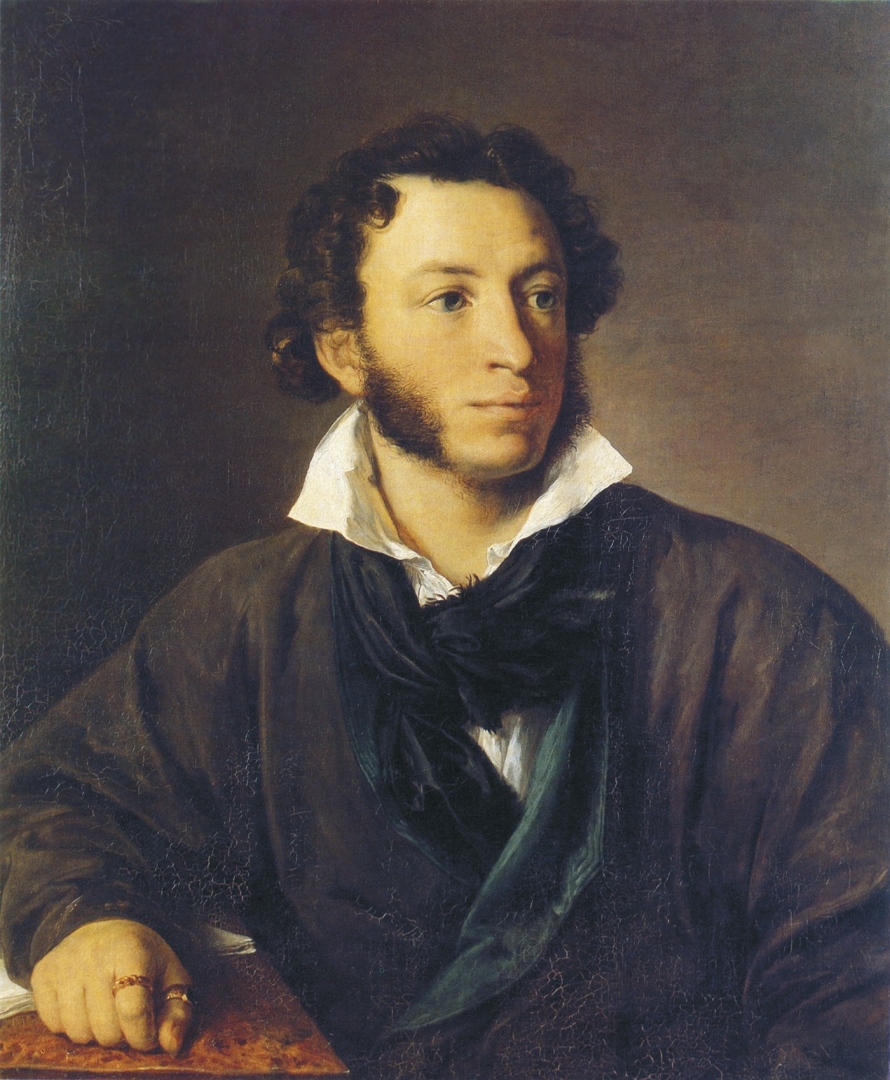 Often considered one of the greatest Russian poets and founder of Russian literature, it's hard to go into a Pushkin story without high expectations. I found "The Snow Storm," or "The Blizzard" as it is sometimes translated, to be a pleasant enough read but it probably won't stick with me.
Often considered one of the greatest Russian poets and founder of Russian literature, it's hard to go into a Pushkin story without high expectations. I found "The Snow Storm," or "The Blizzard" as it is sometimes translated, to be a pleasant enough read but it probably won't stick with me.I certainly enjoyed that narration style found so often in Russian fiction: a slight detachment from the story itself, but endearing to the reader. The best illustration of this comes from the segues between character plots: "Having intrusted the young lady to the care of fate, and to the skill of Tereshka the coachman, we will return to our young lover."
I also appreciated the satirical barbs which again seem to characterize most Russian literature I've read: "Maria Gavrilovna had been brought up on French novels and consequently was in love."
The storm itself was quite interesting, as well. I think perhaps Pushkin was using it as a metaphor for love, or at least the kind of naive infatuation that's often mistaken for love.
My only problem lies with the ending which feels almost unbelievable in the vein of 70s sitcoms.
So, credit Pushkin for Gogol, Dostoevsky and Tolstoy but also for Three's Company.
(Cross-posted at The Russian Reading Challenge and The Book Mine Set)

No comments:
Post a Comment